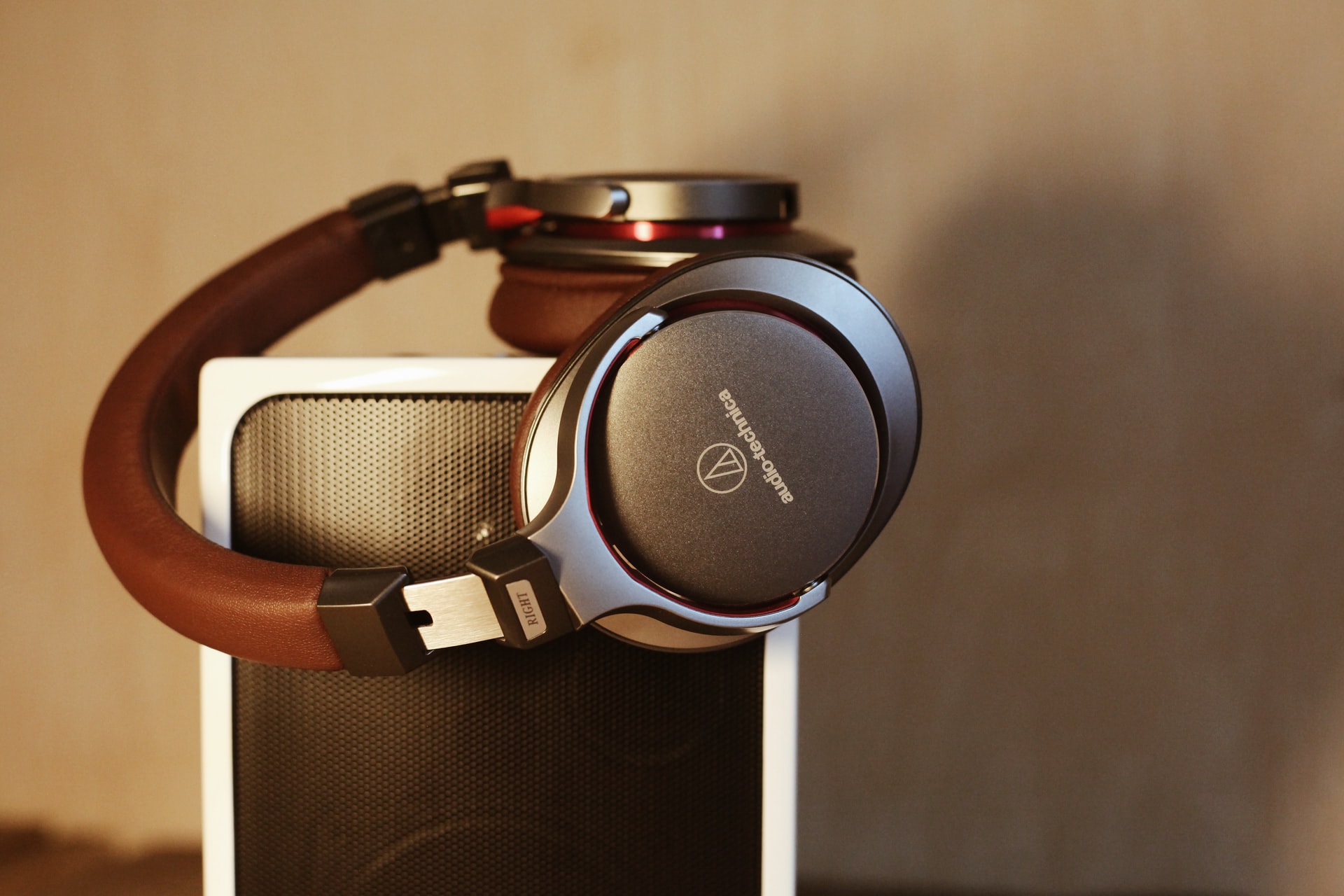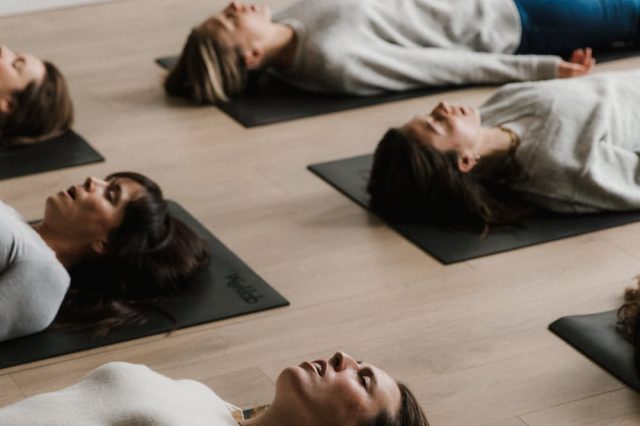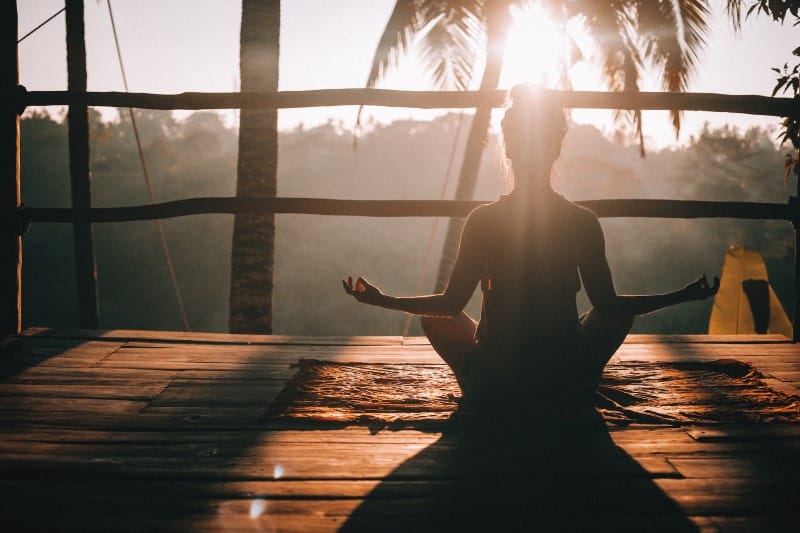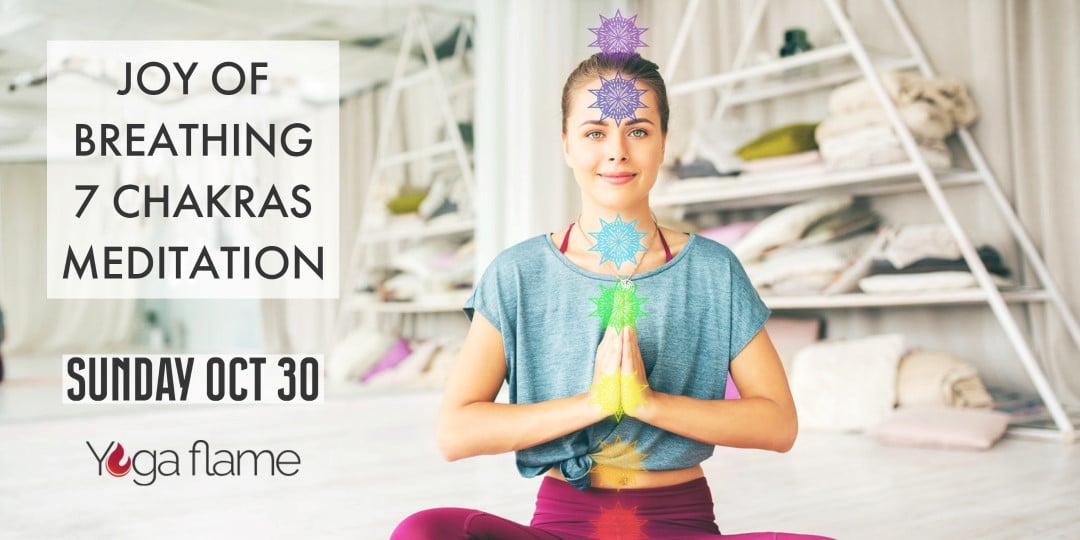Learn The Technique
Breathing Instructions
The Soul Dimension Breathing is an open-mouthed breathing technique (but you can do it through your nose, if your nostrils are evenly open). The breaths are full and deep and start in the abdomen.
The in-breath moves down into the abdomen, then flows up the body in a wave-like motion into the solar plexus, chest, upper back and into the head. The exhales are just an effortless letting go.
You will keep the breath moving like a wave, in and out of the body at a comfortable, fluid pace. There is no pause between the breaths. After doing about 35 to 40 breaths like this, you will expel all the breath and hold your breath out. Hold your breath out until you feel a hunger for the breath (this time varies for everyone).
As soon as you feel a hunger for the breath, take a full breath in. Now hold the breath in, pressurizing the oxygen into the lungs and brain. Only hold the breath in up to 10 to 15 seconds. Do not strain during the practice. Exhale and you have completed one cycle of breathing.
Continue the breathing, doing about 3 to 4 cycles in total, which will take about 15 – 20 minutes. When you have completed the practice, then just relax for at least 5-10 minutes more. Listening to some music that you enjoy is also helpful, both while you are doing the breathing practice and during the relaxation. The relaxation is an important part of the process, as the nervous system integrates the effects and benefits of this powerful practice.
Practice With Us Every Wednesday!
Tips & Tricks

Getting The Best Experience
While it is important to see me during the introduction, after you understand how the breathing technique works, it is best to close your eyes during the breathing experience, listen to the breath and focus inward.
Therefore quality sound is important and will enhance your experience.

Breathing Position
It’s important to practice the breathing in a comfortable, relaxed position, such as seated in a chair or lying on a floor or bed. If seated, maintain a relatively straight posture so the breath can flow smoothly and fully.
Also, choose a quiet, comfortable setting where you will not be disturbed and you feel free to relax, enjoy and go with the flow of your body and energy.
Please avoid doing this breathing in a standing position, or while driving a car.
The best positions:
- Savasana (see picture above)
- Lotus position
- Sitting on a chair

Contraindications
If you have cardiovascular disease, a recent surgery, stroke or heart attack, high or low blood pressure, pregnancy, glaucoma, retinal detachment, epilepsy, asthma, psychiatric condition, or any other physical or mental health condition or concern that might effect your participation in class, please ask your doctor if exercise and breathwork are safe for you.
FAQ
A powerful self-help and self-healing breathing practice that helps people access deeper levels of the body and mind to consciously influence their physical, mental and emotional well-being.
The breathing is primarily open-mouthed, full breaths that rise up from the abdomen into the chest and head in a wave-like motion. There are also holds, or suspensions of the breath. The breathing process focuses on directing energy to flow up through the body and energetic chakra system to the crown of the head. This process helps to restore the natural energetic flow patterns of the body and emotions, and can even help to resolve traumas. It cleanses, detoxifies, increases mental clarity, increases the feel good hormones (endorphins, oxytocin, serotonin, dopamine) to create feelings of well-being on a physical, mental, emotional and spiritual level.
Many people report some great benefits after attending just one session of the weekly free class. The benefits increase over time as people improve their command of the technique and practice regularly.
There are a variety of breathing techniques, modern and ancient. Breathwork practices are used to help to establish a deeper self-awareness and connection to the body, emotions and spirit. They are known to enhance physical, mental and emotional health, healing and spiritual well-being.
Breathwork is a powerful self-help tool that is used to awaken a greater self-awareness and a sense of self-empowerment. Research indicates that 20 to 60 minutes of breathing can significantly help diminish anxiety, improve sleep, reduce inflammation, induce relaxation and meditative states, and strengthen the immune system.
Breathwork has a direct and immediate impact on our health and well-being, and it is accessible to everyone. There are many scientific findings that illustrate the benefits of breathwork to diminish anxiety, improve sleep, and even strengthen the immune system. It’s also an effective way to access Alpha and Theta brain wave states where deep relaxation and meditative states are experienced.
There are many resources to learn about how to do breathwork practices, particularly online. Some techniques are simple and easy to learn on your own at home, while other methods require qualified guidance from a breathing instructor.
Get started today with our FREE 30 minute online Joy of Breathing class every Wednesday.
There are many breathwork techniques for manipulating the breath to get some desired result. Some are easy to learn on your own at home, and others require guidance from a trained breathworker. A simple daily practice of about 20 minutes of slow, rhythmical deep breathing in and out of your abdomen is one effective way to relax the body and mind and create a healthy pattern of breathing. Listening to soothing music can enhance the experience.
There are many benefits of breathwork, but some of the most impressive benefits of about 20 – 30 minutes of sustained, rhythmical breathing 1) alkalizes the blood ph, 2) increases muscle tone by artificially creating low blood calcium and increasing motor and sensory neuronal activity, and 3) reduces inflammation by causing an increase in adrenaline in the blood to activate the innate immune system to increase anti-inflammatory activity. It has also been shown to 4) reduce stress, 5) elevate your mood and improve hormonal function.
Generally speaking, breathing is good for everyone, and there are many benefits of a regular breathing practice. But individuals can have specific needs and limitations on the types of breathwork they can do based on their health. So if you have any health issues or concerns, such as a history of cardiovascular issues, such as high blood pressure, or are currently taking medications, please consult with your doctor or health professional before starting a breathwork practice.
A regular and daily habit of about 20 or more minutes of conscious breathwork is safe for most people. While there are many forms of breathwork practices, conscious breathwork is recognized for having many benefits when practiced consistently. It can increase self-awareness of the body and mind and empower the breather by experiencing the power of their own breath to improve physical, mental and spiritual well-being. If you have any health concerns or questions, consult with your doctor and a breathing instructor for guidance.
Pranayama, Spirituality & Science

Renew Body & Soul Retreat In Sintra, Portugal
May 4 – 11 Inquire now (1 spot left) Ready to take a journey of renewal, self-discovery and adventure? Join Sylvie Horvath of Soul Dimension

What is Yoga Breathing and How to Learn It
Yoga breathing is the foundation of any yoga practice. It helps you to focus your attention on the present moment and keep your mind from

How Daily Breathwork Produces Long Lasting Benefits
Breathwork is a powerful practice that has been used for thousands of years by different cultures around the world. While it’s often associated with meditation

How to Awaken the “3rd Eye” with Soul Dimension Breathing
Learn how this simple and fun Joy of Breathing Technique balances the chakras and awakens the third eye.

Get the Benefits of Alkaline Blood pH with Breathwork
Get the benefits of alkaline blood ph with the Joy of Breathing breathwork.

Master Breath Holds During Pranayama
Learning why and how to master breath holds will allow you activate the many benefits for your health and well-being.

Renew Body & Soul: Journey Into The Heart Of Guatemala
September 29th – October 9th Retreat Ready to take a journey of renewal, self-discovery and adventure? Join Sylvie of Soul Dimension for an intimate 11 day/10

Live Soul Dimension Breathing 7 Chakras Meditation Workshop
Join us Live for an uplifting, deeply relaxing Joy of Breathing and 7 Chakras Meditation at Yoga Flame in Lausanne, Switzerland.

How Breathwork Helps With Anxiety
Anxiety disorders are the most common mental health conditions in the United States. They affect nearly 40 million American adults, or about 18 percent of

The 5 Keys to Powerful Manifestation
Do you struggle with staying on track to manifest your desires, dreams and goals? Do they seem just out of reach? Have you tried self

Breathwork For Spiritual Enlightenment
Joy of Breathing is an easy and transformative breathwork technique that will allow you to easily and quickly access altered states of consciousness and tap

Empower Affirmations With Breathwork
“The mind is everything. What we think we become.” ~Buddha What is your inner voice saying? Do negative thoughts plague and control your mind? If